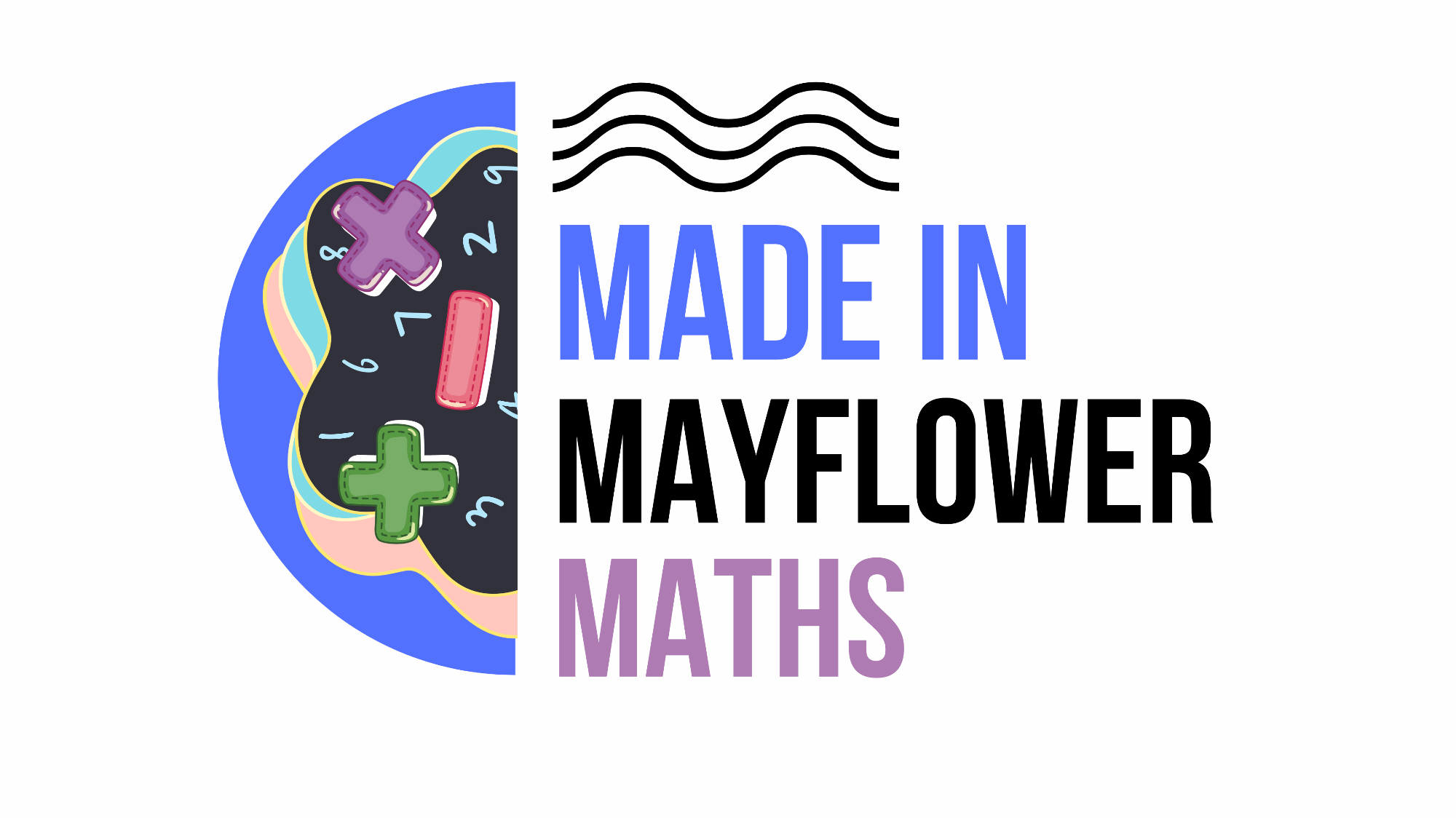Maths
Click the logo to tune into daily updates
LAT Narrative Over Time
Introduction
Mathematics is essential for everyday life and understanding our world. It enables the development of pupils’ natural ability to think logically and solve puzzles and real-life problems. At our schools, we are passionate about providing our children rich and varied learning experiences that focus on the real, relevant and purposeful; these allow children to develop their skills and abilities to their full potential.
Intent | Why do we teach Maths?
The curriculum that each of the Learning Academies Trust schools’ aim to deliver cover the aims of the National Curriculum for Maths as a minimum. These aims ensure that all pupils:
- Become fluent in the fundamentals of mathematics through varied and frequent practice with increasingly complex problems over time so that pupils develop conceptual understanding and the ability to recall and apply knowledge rapidly and accurately.
- Reason mathematically by following a line of enquiry, conjecturing relationships and generalisations and developing an argument, justification or proof using mathematical language.
- Can solve problems by applying their mathematics to a variety of routine and non-routine problems with increasing sophistication, including breaking down problems into a series of simpler steps and persevering in seeking solutions.
Implementation | What do we teach and when?
In the Early Years, children will be exposed to mathematics through play-based opportunities throughout the provision as well as daily mathematics sessions. By providing frequent and varied opportunities as well as practical learning, children will develop a secure understanding and knowledge of number and pattern as well as developing spatial reasoning skills.
Across the Learning Academies Trust, our schools are committed to teaching for mastery where pupils acquire a deep, long-term, secure and adaptable understanding of maths through teaching the whole class together in small steps, so the children are able to move through the curriculum at broadly the same pace. As a result of spending more time on fundamentals, the children can establish firm foundations on which to build their understanding.
By following a spiral curriculum, our pupils are able to revisit a concept several times throughout their school career to enable children to know more, remember more and do more. The complexity of the concept increases with each revisit, but new learning has a relationship with old learning and is put in context. We believe the benefits of teaching in this way are that the information is reinforced and solidified each time the pupil revisits the subject matter as it allows a logical progression from simplistic ideas to complicated ideas. Furthermore, pupils are encouraged to apply their early knowledge to later objectives.
Across our schools, the teaching and learning of mathematics will include:
- Fluency to rehearse and embed key number skills and facts
- The use of and access to varied visual representations and manipulatives (regardless of ability) to support understanding, reveal structures and develop formal methods
- Reasoning in all aspects of maths to apply understanding in a variety of ways
- Building links and relationships in mathematical understanding and apply this in science and other subjects
- Sentence stems to facilitate mathematical reasoning and promote the use of mathematical language
- Ensuring pupils have the opportunity to problem solve across all aspects of mathematics in a variety of contexts including real-life scenarios
- Support for pupils working below age-related expectations so they can reach their full potential within lessons as well having the opportunity to work more closely with a member of staff on a high quality, effective intervention when relevant and appropriate
- Opportunities for ‘rapid graspers’ to access additional challenge to deepen their understanding and mastery of the subject knowledge.
Spoken Language and Oracy
Children will be provided with the opportunity to:
- Take part in mathematical discussions
- Develop the cognitive, social and linguistic aspects of talk
- Understand and use mathematical vocabulary
- Present justifications, argument and proof of mathematical understanding
- Challenge ideas, misconceptions and develop a shared understanding of mathematical concepts.
As a trust, we strive to provide a range of enrichment and cross curricular learning so children can apply their mathematical knowledge across all the curriculum and within their daily lives, as maths is intrinsic throughout all subjects.
Impact | How do we assess pupil outcomes?
The children within our schools are enthusiastic in Maths lessons, they make good progress and develop sound basic skills which will equip them for life regardless of their starting points.
Teachers will use a range of formative and summative assessment to assess pupil’s understanding and what they need to do next. During the lesson, through live marking, questioning and tasks, teachers will check that the children have understood the concept and can apply it to different question types.
Throughout the year, teachers will revisit concepts they have already covered using a range of question types, which will support the children’s retrieval skills. The children will practise key skills and concepts and at the end of the autumn, spring and summer terms, the children will complete NFER testing (years 1, 3, 4 and 5 although year 1 do not complete these in the autumn term) and practise SATs style assessments in year 2 and 6. These test results, along with the work and assessment from the term, will inform teacher assessment against the National Curriculum objectives and allow targeted support to be put in place for pupils.

